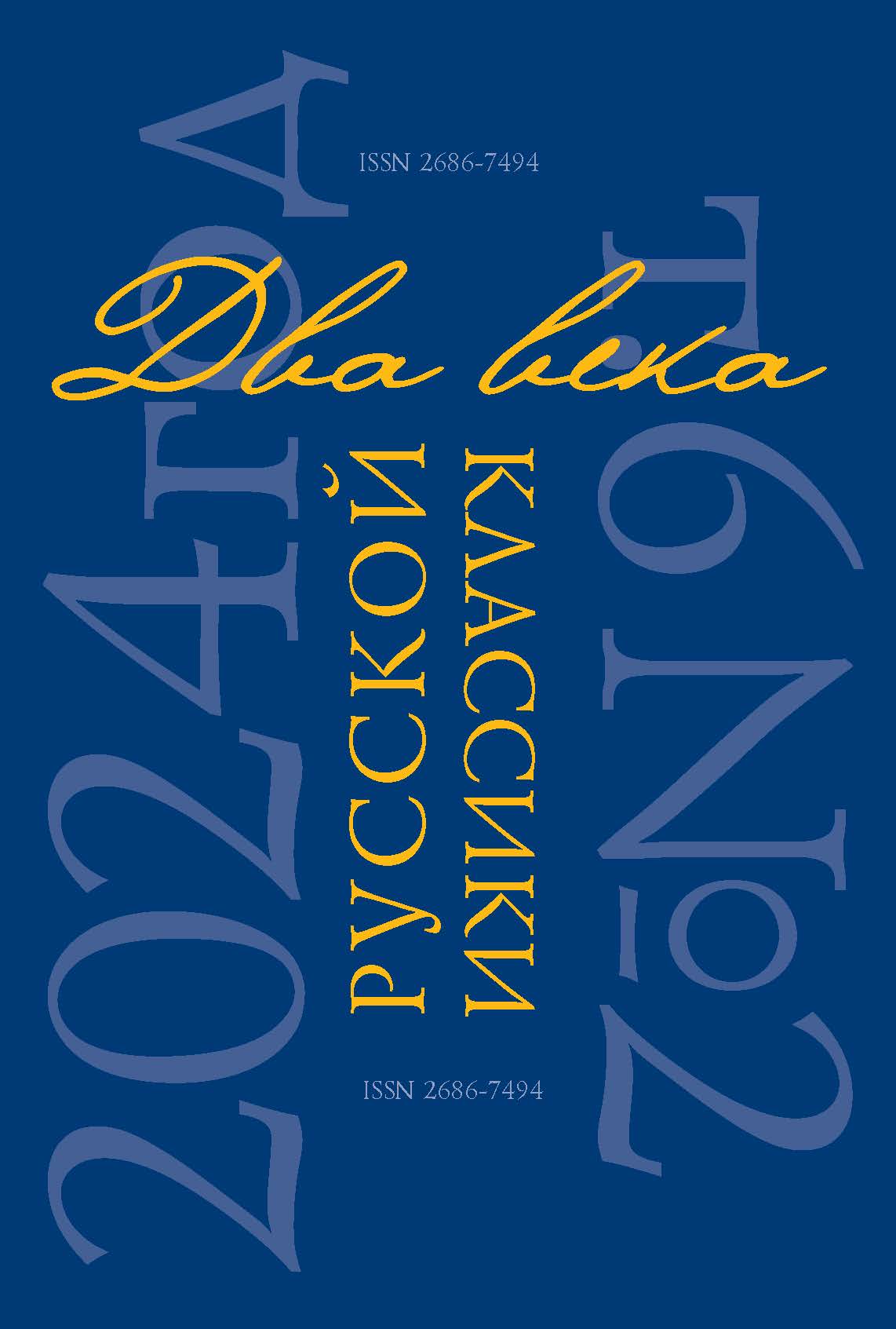Abstract: The article is devoted to summing up the results of the international scientific conference “Russian Literature and National Sovereignty of the 18th – 19th Centuries” held at the IMLI RAS on October 13–15, 2020. The problem of the scientific forum is regarded as one of the central problems of humanitarian knowledge in Russia. The principal task of the conference is defined as the need for the first time to present in all the richness and positive content of the relationship between the Russian literary classics and the Russian sovereignty of the 18th – 19th centuries. Modern methodological approaches, responsible assimilation of facts allow us to assert that it is precisely in accordance with the national state and its ideals that Russian literature of the 18th – 19th centuries. Modern methodological approaches, responsible mastering of the facts allow asserting that this is a nation state and its ideals in accordance with which, the Russian literature of the 18th – 19th centuries reaches its prophetic sound, full contemplation of the world, aesthetic perfection. At the same time, the full-blooded development of Russian literature is in Russia during the imperial period the most important factor in the prosperity of the nation state, the purification and approval of state ideals. The article analyses the main directions of the conference, the problem-thematic range of the event, which made it possible to demonstrate the real results of research work of foreign, Moscow and Russian scientific schools, for the first time to formulate the problem of “Russian literature and statehood” as an independent and promising direction of scientific research.
References
Mezhdunarodnaia nauchnaia konferentsiia “Russkaia literatura i natsional'naia gosudarstvennost’ XVIII–XIX vv.” 13–15 oktiabria 2020 goda. Tezisy dokladov. Otv. red. A. V. Gulin. [International scientific conference “Russian Literature and the National Sovereignty of the XVIII–XIX Centuries”, October 13–15, 2020. Abstract of the report. Executive editor A. V. Gulin]. Moscow, Institute of world literature of the Russian Academy of Sciences, 2020, 160 p. (In Russ.)









